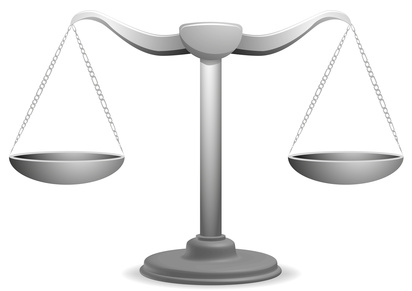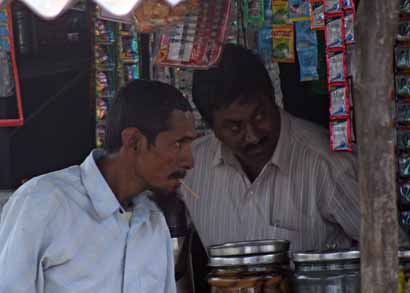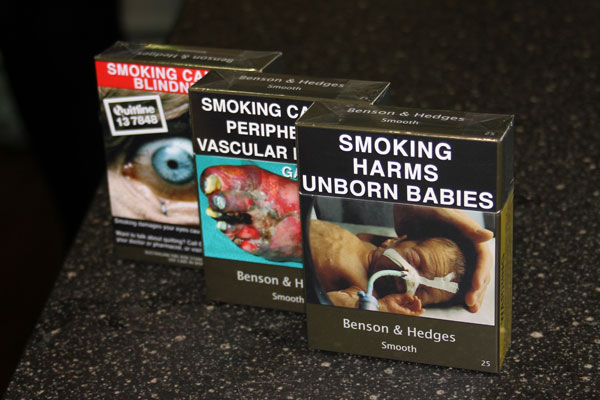Canada’s federal Health Minister is said to have demonstrated a ‘disturbing degree of incoherence in her recent approach to regulating tobacco and marijuana’.
Imperial Tobacco Canada yesterday called on the minister, Jane Philpott, to use the opportunity presented by World No Tobacco Day, to explain her approach.
In a press note issued through PRNewswire, the company said that the minister had proposed ‘plain and standardized packaging’ for tobacco products, despite cigarette packages already having a 75 percent health warning and being hidden from public view at point of sale.
At the same time, she had said that all that was required for marijuana was a restriction on packaging or labelling to ensure that product packaging was not appealing to young persons.
“Public explanation is needed as both marijuana and tobacco are substances with known health risks,” said Eric Gagnon, Imperial’s head of corporate and external affairs. “This suggests that marijuana and tobacco should face a similar regulatory framework, but the minister appears to be headed in the opposite direction, giving far more leniency to the marijuana industry.”
The press note said that the youth usage rate for marijuana was higher than that for tobacco. And the minister had acknowledged that Canadian youth had the highest rate of marijuana use in the world at a time when tobacco use and youth smoking were at an all-time low.
“There is clear policy incoherence, which is even more apparent considering the minister claims the goal with both marijuana and tobacco legislation is to protect youth,” said Gagnon. “How can two legislative frameworks, for products that both carry known health risks, have the same stated goal yet vastly different approaches?”
Imperial said that the federal government had gone to great lengths to claim its goal was to eliminate the black market for marijuana and had suggested that taxes on marijuana would be kept low to allow competition with the illegal market. Yet, governments across Canada had and continued to tax cigarettes to an extent that had contributed to the creation of an illegal trade that now accounted for more than 20 percent of the tobacco market.
“If the Minister truly believes her policy approach to marijuana is effective, then surely it can be applied to tobacco,” said Gagnon. “Instead, parliament is about to have the spectacle of the minister arguing on one day that branding on tobacco packaging lures youth to smoking and should be banned, while on the next day suggesting that branding should be allowed for marijuana to help compete against black market [products].”
Imperial said that today, World No Tobacco Day, provided an opportunity for the minister to demonstrate that she was serious about the health of Canadians.
But focusing on excessive and ineffective measures that made it easier for illegal traffickers to counterfeit licit tobacco products was not the way to demonstrate that commitment.
The minister and her department officials needed to acknowledge the importance of alternative products – such as heated tobacco or vaping products – by prioritizing the introduction of clear regulations on these products, and making them known and available to adult consumers, as soon as possible.








